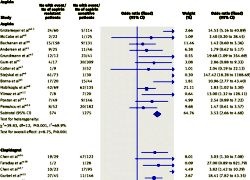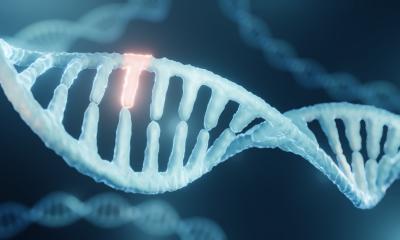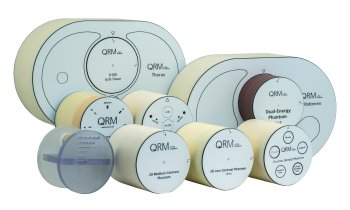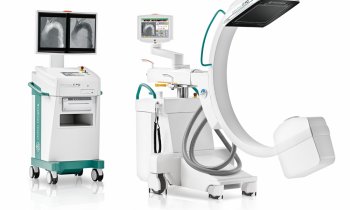Aspirin “resistant” patients - increased risk of heart attack
According to a study that was recently published on bmj.com, researchers found evidence that a significant number of patients treated with low doses of aspirin for its antiplatelet effect are actually aspirin resistant. Such a resistance makes patients four times more likely to suffer a life-threatening stroke or heart attack.

Aspirin resistant patients have blood cells that are less effected by acetylsalicylic acid than those of patients who are responsive (aspirin sensitive) to the drug. There are relatively few studies that investigated on aspirin resistance existing and the underlying pathomechanism is still a cause of controversy.
Canadian researchers carried out a review of all the available data to estimate the impact of aspirin resistance on the clinical outcome. The authors identified 20 studies, involving a total number of 2.930 patients with cardiovascular disease, that had been prescribed aspirin to prevent blood clot formation and to lower the risk of embolism.
Of all patients 28 percent were classified as aspirin resistant. Regardless of their underlying clinical condition, these patients were at a much higher risk of suffering a stroke, heart attack or even a life-threatening cardiogenic shock: while 39 percent of aspirin resistant patients suffered some sort of cardiovascular event, only 16 percent of aspirin sensitive patients were affected. The authors also found evidence that taking other drugs used to thin the blood, such as Clopidogrel or Tirofiban, did not provide any benefit to the aspirin resistant patient group.
The researchers conclude that there is need to furher investigate on aspirin resistance and to develop a test to determine the condition of patients: “Aspirin resistance is a biological entity that should be considered when recommending aspirin as antiplatelet therapy.”
Please click here to read the complete scientific article on bmj.com.
23.01.2008









